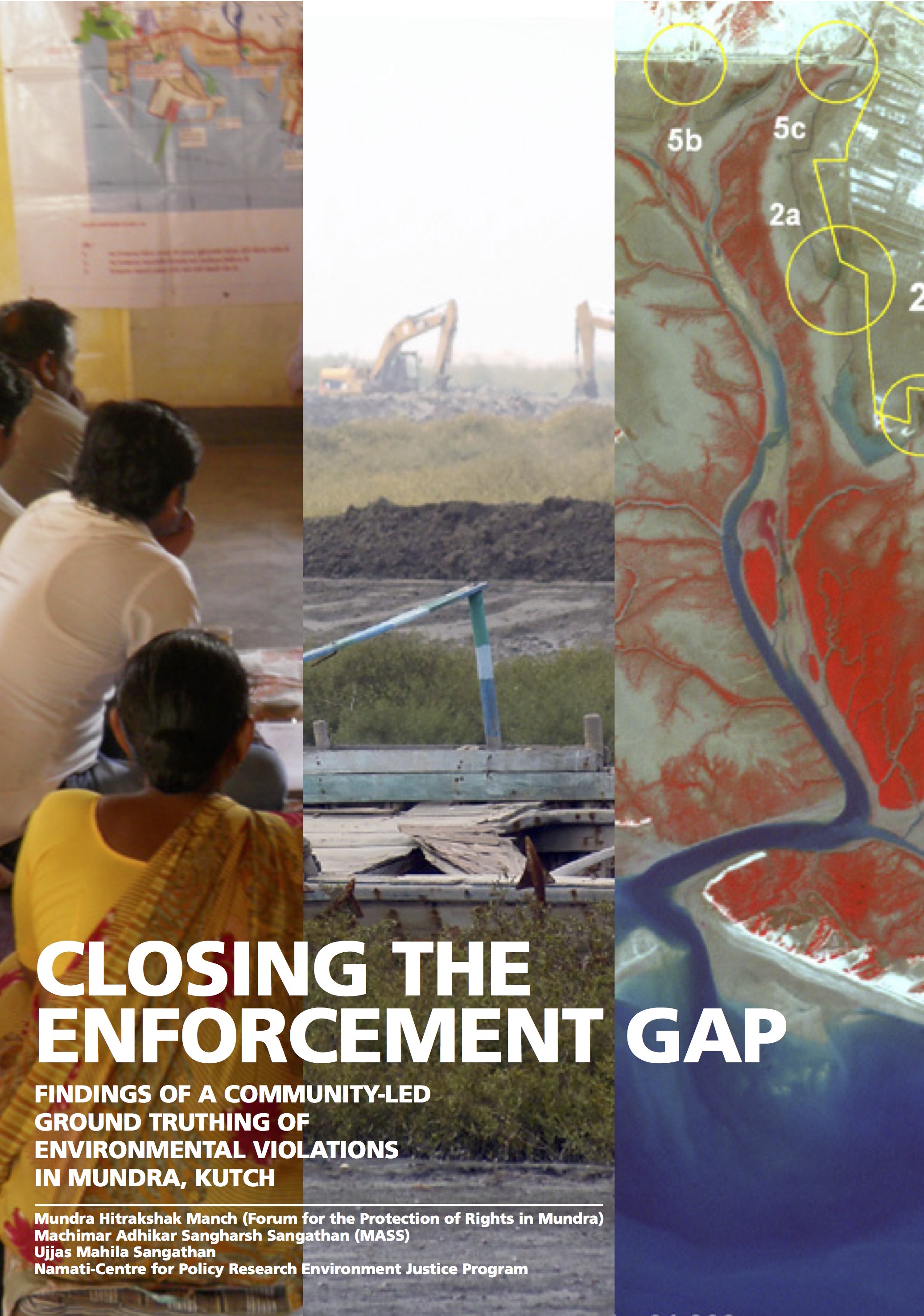Discourses on Women’s Land Rights in Sub-Saharan Africa: The Implications of the Re-turn to the Customary
Examines some contemporary policy discourses on land tenure reform in sub-Saharan Africa and their implications for women’s interests in land. Demonstrates an emerging consensus among a range of influential policy institutions (including the World Bank, IIED and Oxfam GB), lawyers and academics about the potential of so-called customary systems of land tenure to meet the needs of all land users and claimants. African women lawyers are much more equivocal about trusting the customary, preferring to look to the State for laws to protect women’s interests.





